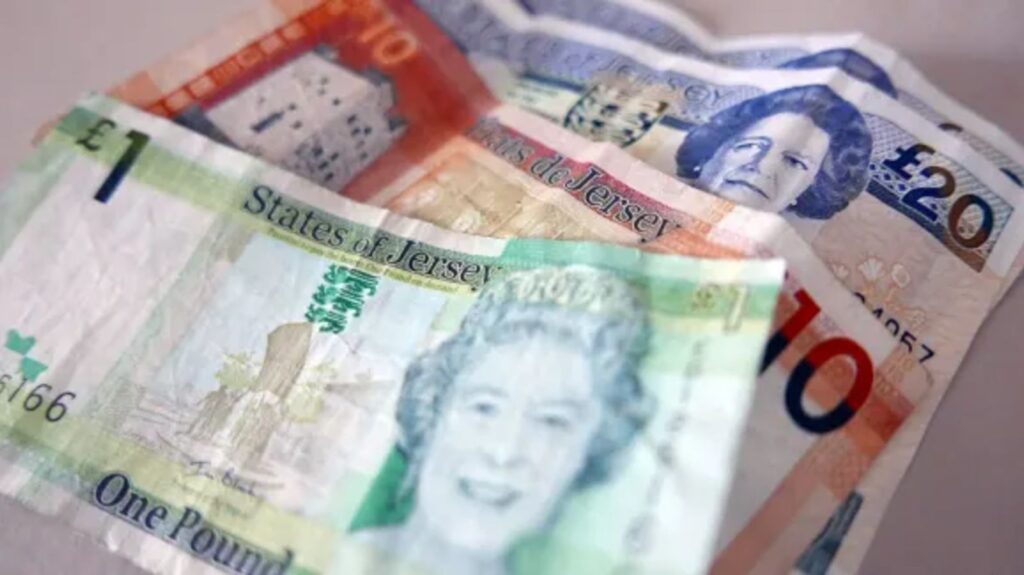Jersey is a captivating island located in the Channel Islands, known for its unique blend of cultural influences and stunning landscapes. Beyond its scenic beauty, Jersey also boasts a distinct financial characteristic that sets it apart from the United Kingdom—its own currency, the Jersey Pound (JEP). Though superficially similar to the British Pound Sterling (GBP), the JEP holds a unique status and functionality that deserves a closer examination, especially for those dealing with financial transactions on the island.
The Uniqueness of Jersey’s Currency
Unlike the UK, Jersey is a British Crown Dependency with the freedom to issue its own currency. The JEP, while pegged to the GBP at a fixed rate (currently £1 JEP = 0.9929 GBP as of April 2024), is legally and functionally separate from the GBP. This distinction is crucial in understanding why the JEP, despite its parity, is not merely a variation of the British pound but a standalone currency tied to Jersey’s economic autonomy.
Usage and Acceptance: JEP vs. GBP
In Jersey, both JEP and GBP are legal tender, and transactions can be conducted seamlessly using either currency. This dual currency system facilitates economic transactions, particularly with the significant number of tourists from the UK. However, while the GBP can be used freely in Jersey, the reverse is not true—the JEP is rarely accepted in the UK. This is because the JEP is considered a foreign currency, recognized primarily within the island itself.
Why the JEP is Not Accepted in the UK
The non-acceptance of the JEP in the UK stems from its status as a regional currency. UK businesses and banks are generally not equipped to handle the JEP, as it differs from the GBP in design and is not widely circulated outside Jersey. This limitation reflects the broader financial independence of Jersey from the UK, emphasizing the island’s autonomy in monetary policy and governance.
Economic Implications of a Distinct Currency
Jersey’s choice to maintain its own currency allows it to tailor monetary policy to fit local economic conditions, which can be quite distinct from those in the UK. This can be particularly advantageous in times of economic turbulence or when local conditions diverge significantly from broader UK trends.
The Role of Currency in Jersey’s Identity
Issuing its own currency allows Jersey to reinforce its identity and sovereignty. Jersey banknotes and coins feature local symbols and historical figures, which serve not just an economic purpose but also a cultural one, fostering a sense of identity and pride among its residents. This aspect of the currency is significant, as it visually and functionally represents the island’s autonomy and heritage.
Practical Advice for Dealing with Currency in Jersey
- Currency Exchange: Visitors from the UK and elsewhere should be mindful that while they can use GBP in Jersey without any issues, they should exchange any JEP back to GBP before leaving the island to avoid inconveniences.
- Banking Tips: For those staying in Jersey long-term, consider using local banking services to manage finances more effectively in JEP, especially for local transactions and investments.
- Awareness of Currency: Always confirm the currency being quoted in transactions, particularly in tourism-related activities, where confusion between GBP and JEP might occur.
Conclusion
Jersey’s use of its own currency, the JEP, is a fascinating aspect of its broader economic and cultural independence. For visitors and business professionals alike, understanding the distinction between the JEP and GBP is not only essential for smooth financial transactions but also provides deeper insights into the island’s unique status and its proud heritage. The Jersey Pound is a symbol of the island’s autonomy, underscoring its uniqueness in a globalized world.






